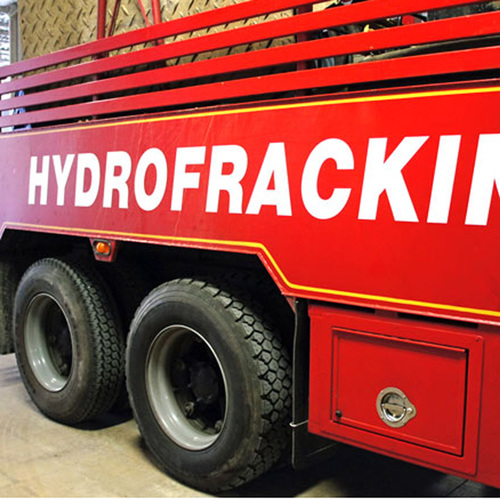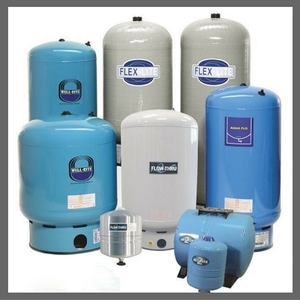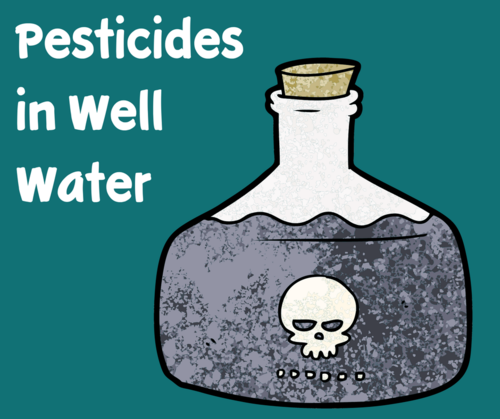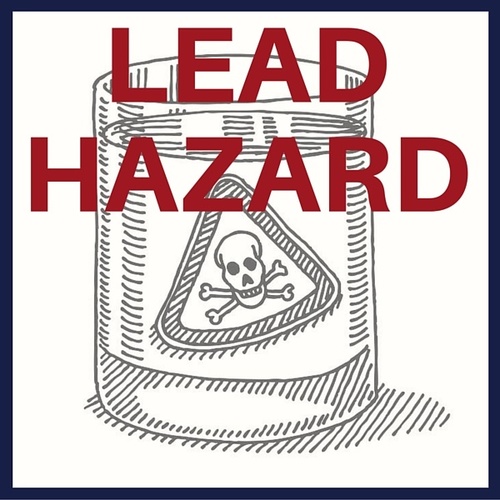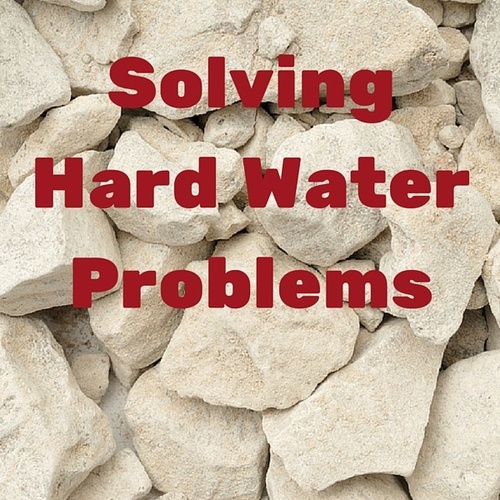If get your drinking water from a private well, it’s your responsibility to conduct an annual contamination test to ensure the quality of your water supply. Contaminants are a reality when you own a private well. Sometimes, it’s easy to determine that you have a problem when your water looks, smells, or tastes “off”. But there are other water contaminants that offer no sign they’re there. Your water may taste, look and smell perfectly fine. Microbial and organic contaminants can’t always be detected by the five senses. Often, you have no indication until people in the community, sharing an aquifer begin to show signs of illness.

